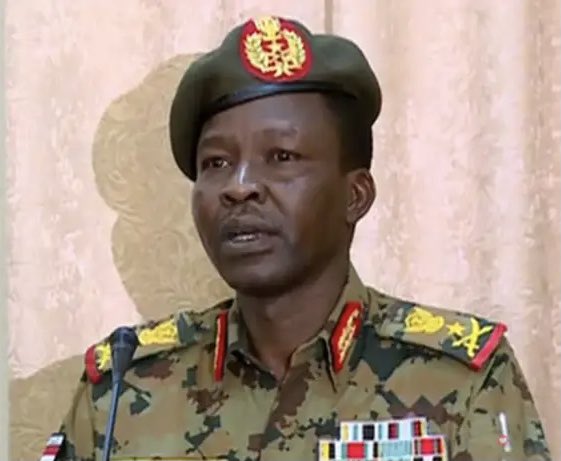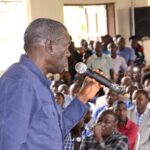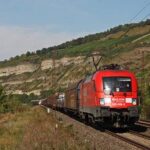The SAF claims it will not be part of the coming government in Sudan, but there are doubts they will not control it.
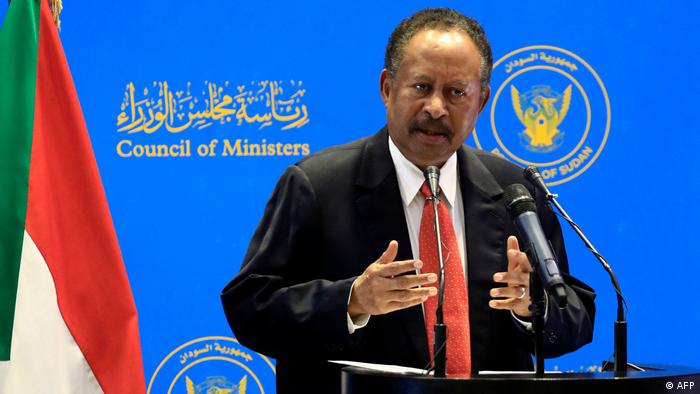
More on this story: The possible failure of Sudanese democracy future
The popular resistance groups fighting the Rapid Support Forces (RSF) need to be better controlled. The Sudanese authorities “will not start any political process before resolving the war.
Sudan has begun enacting a law and structures to control the many popular resistance groups” inthe country. The popular resistance groups will become the next danger if Sudan continue in this way.
Armed groups formed in various areas controlled by the army have been training large numbers of civilians to fight the RSF. Retired Sudanese Navy Lt Col Omar Arbab accused members of the defunct regime of Omar Al Bashir of being behind the formation of these forces.
Kabbashi, also a member of Sudan’s Sovereignty Council since August 2019 declared his categorical rejection of “any political exploitation” of the popular resistance camps. Anyone carrying a party logo, slogan, or political banner should be prevented from entering the camps. “Popular resistance is not a political bazaar or market.”
Several groups are battling alongside the army especially Khartoum, including the Angry Without Borders group, set up by activists of the December 2018 Revolution, the El Baraa Ibn Malik Brigade affiliated with the Islamic Movement, in addition to a heavy presence of other elements of the Al Bashir regime.
According to Kabbashi, the international community did not send a single aid aircraft despite the de facto Sudanese government’s recent decision to open border crossings and airports for the transport of relief items, “despite security reservations”.
The government does not have any restrictions or ceilings for humanitarian work. Khartoum calls on the RSF, the mainstream Sudan Liberation Movement in Darfur, led by Abdelwahid Nur (SLM-AW), and the Sudan People’s Liberation Movement-North under the leadership of Abdelaziz El Hilu in South Kordofan and Blue Nile region to allow the passage of relief items to the needy. But the Rapid Support Forces and the Sudan Liberation Movement accuse the army of preventing aid from reaching areas under their control.
The SLM-AW, having its base at the mountain tops of the Jebel Marra massive in central Darfur, claims that an estimated 26,636 children in the area are suffering from malnutrition and urged the UN to declare a famine in Darfur.
SAF Commander-in-Chief Abdelfattah El Burhan and SAF Deputy think that his government in Port Sudan will not start any political process before closing the military file and resolving the war.

More on this story: The Sudanese army is at risks of collapse.
They declared refusal to agree on any truce like the previous ones, which the RSF exploited to rearm themselves.
The army commander welcomed all national or external efforts to stop the war but conditioned the SAF’s participation in negotiations on the withdrawal of the RSF from urban areas, including Darfur.
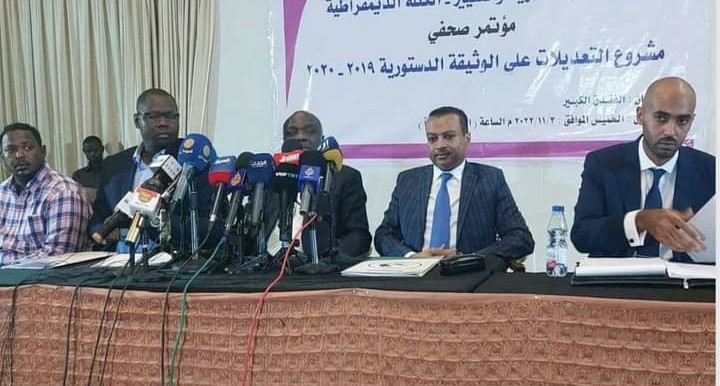
El Burhan stressed that there will be no military presence for the RSF in the future. He underlines that arrangements can be made for those RSF members who joined the ranks of the army or remained in their homes and did not participate in the war.
He also stressed the need to determine mechanisms for accountability and compensation for people’s stolen property.
The army will not be part of the coming government, Kabbashi said. It will, however, participate in the political dialogue to discuss important military and security issues. He called on all political forces and blocs to agree on a document to govern the country.
The SAF leaders understand that they will soon be victorious in all regions. The third deputy commander-in-chief of the SAF, member of the Sovereignty Council, acting prime minister, and director of Sudatel, Lt Gen Ibrahim Jaber also said that the army will not be a party to any political agreement in the future.
Speaking to members of the 2nd Infantry Division in El Gedaref, Jaber stated that the upcoming transitional period will be run by a technocratic government that will organise the affairs of the Sudanese and hold free and fair elections in which the people can choose who will rule them.
However, the army categorically refuses to share power with political parties that have aligned themselves with the RSF.
Thus, this could mean a ‘government’ with no power and wholly controlled by the army.
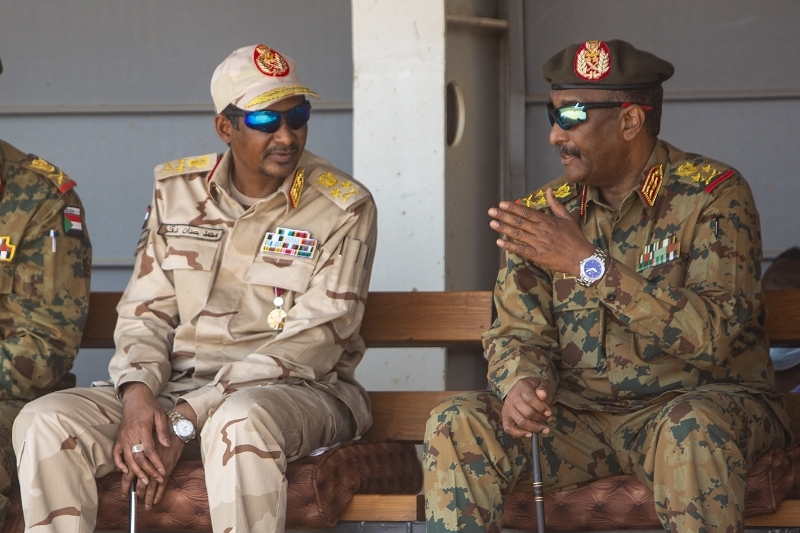
More on this story: Sudan’s struggle for power might weaken the position of the military


